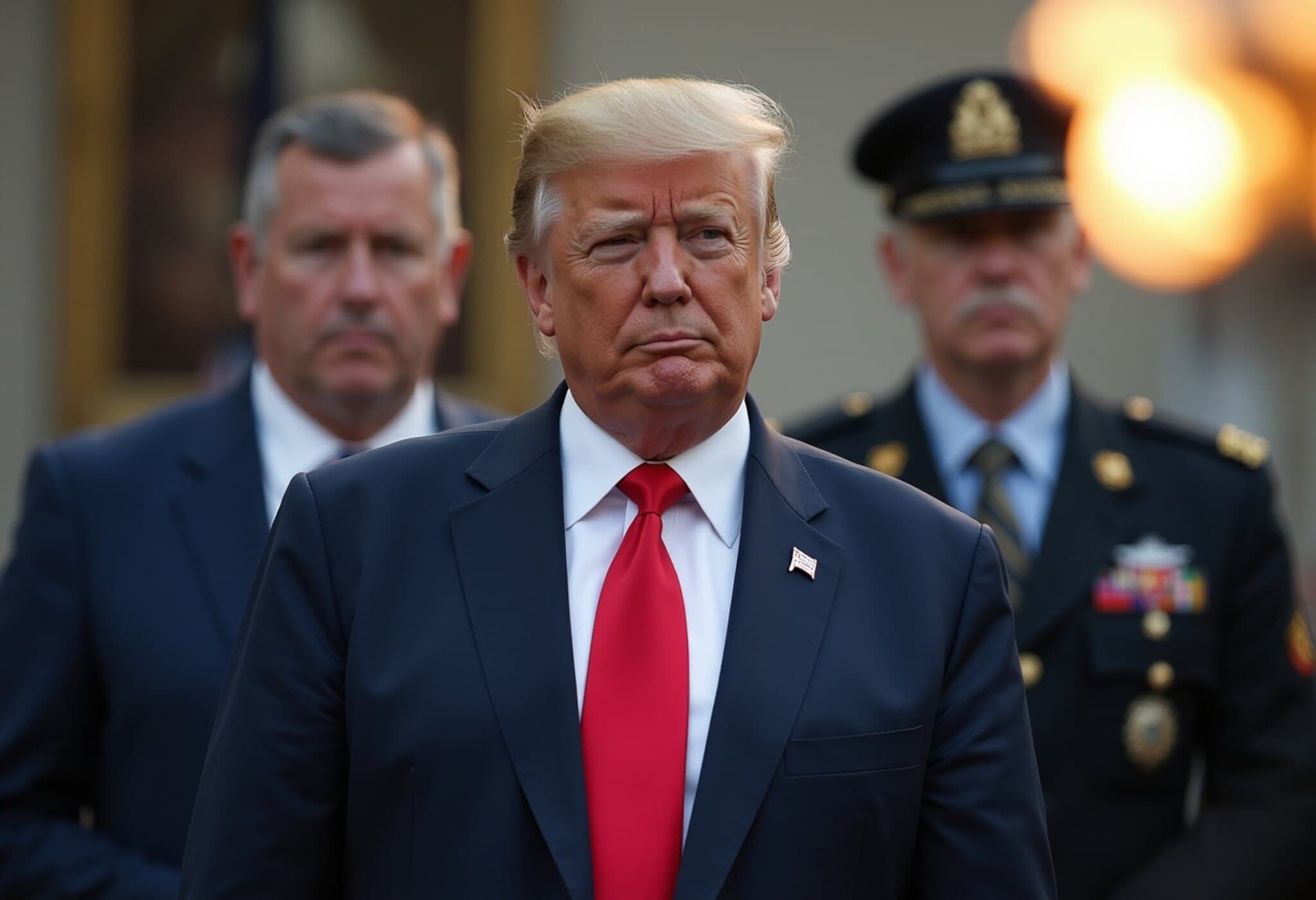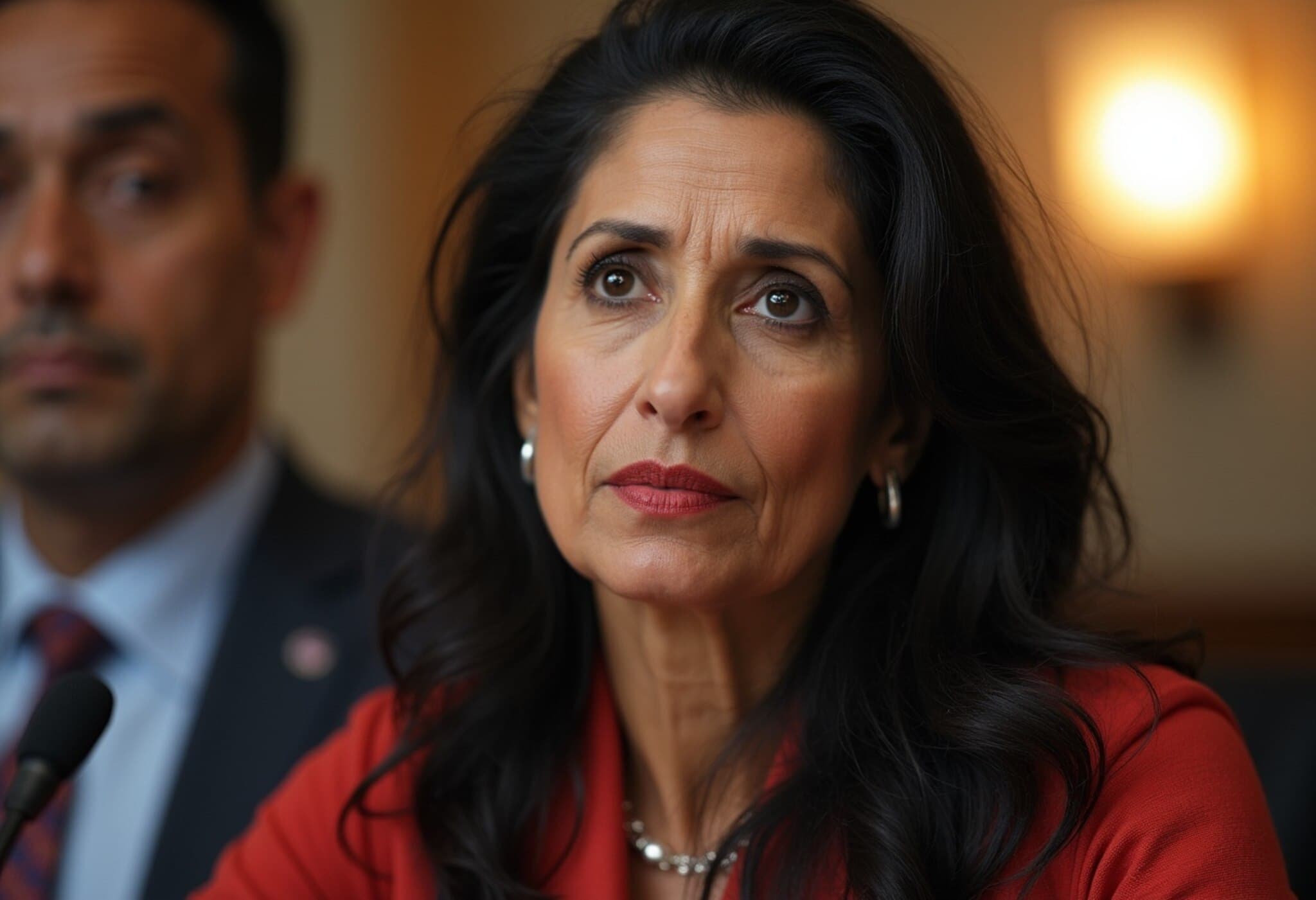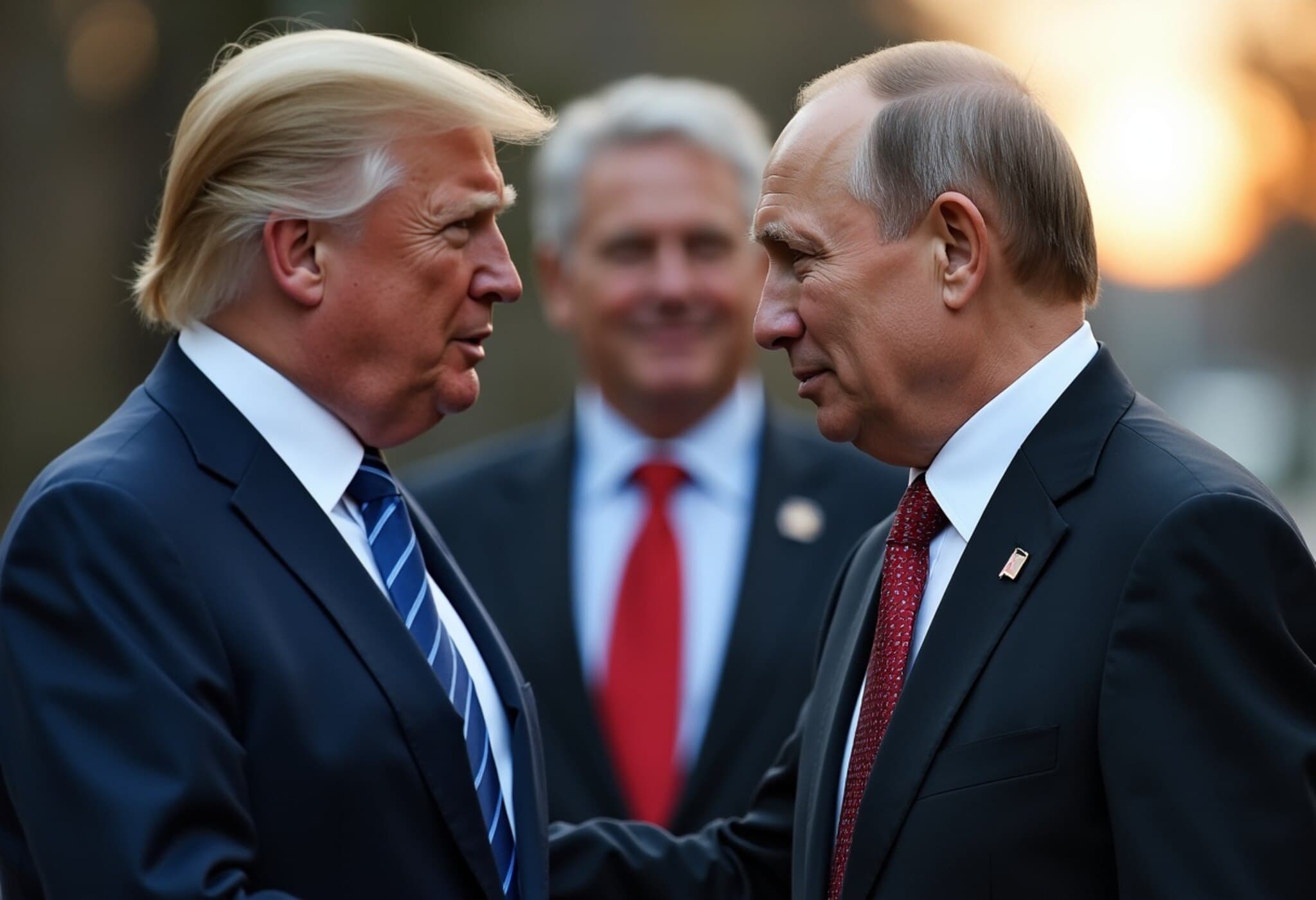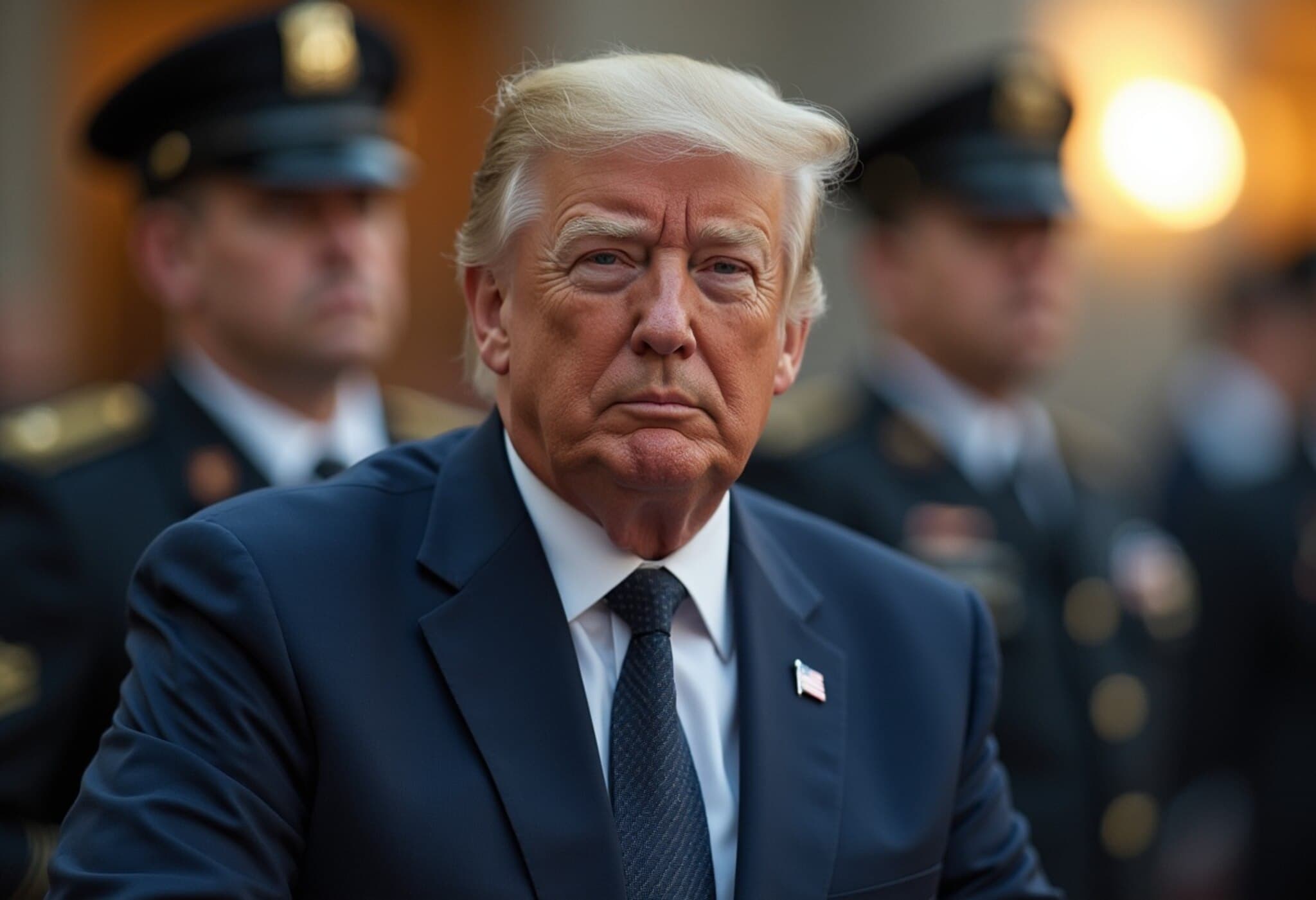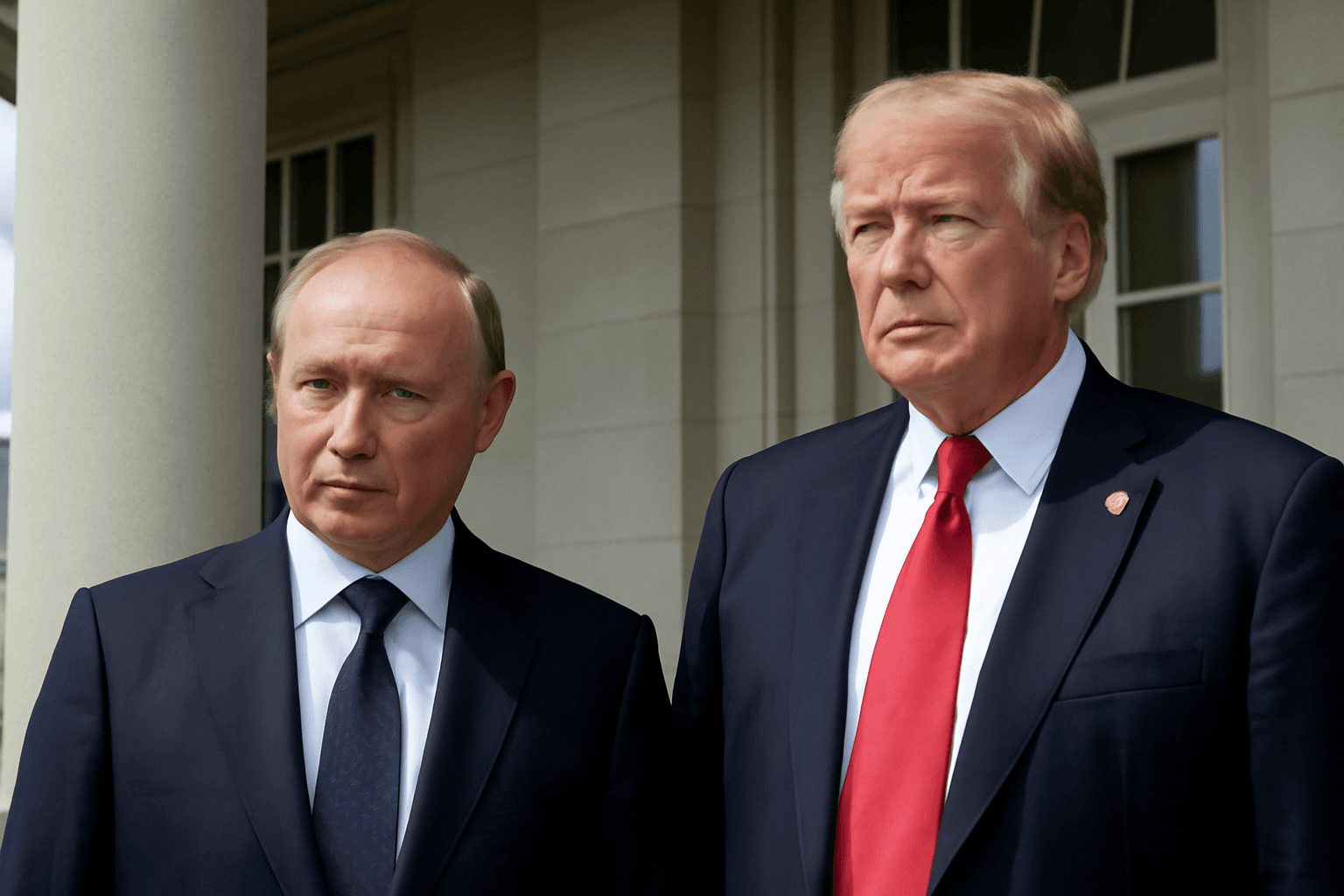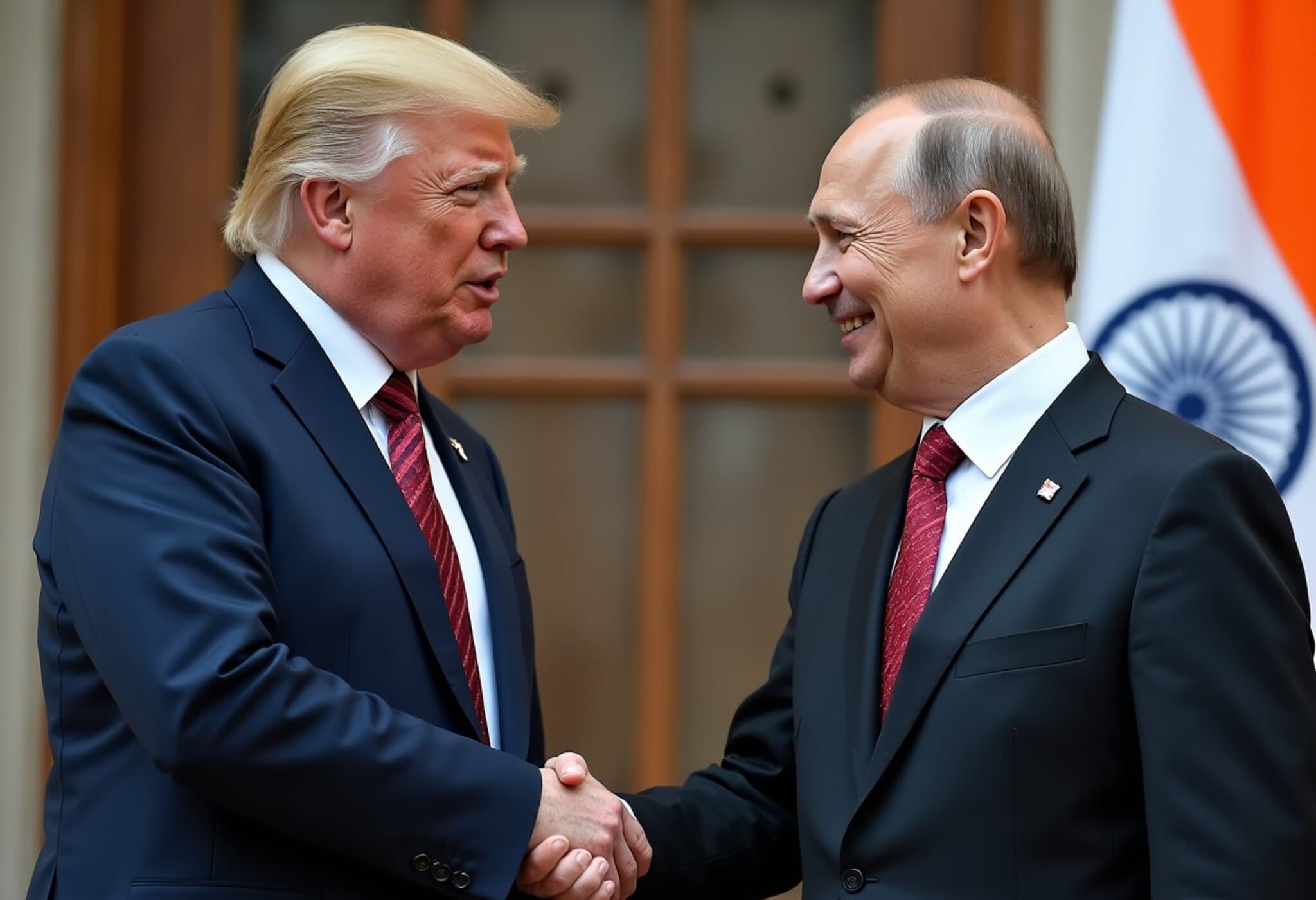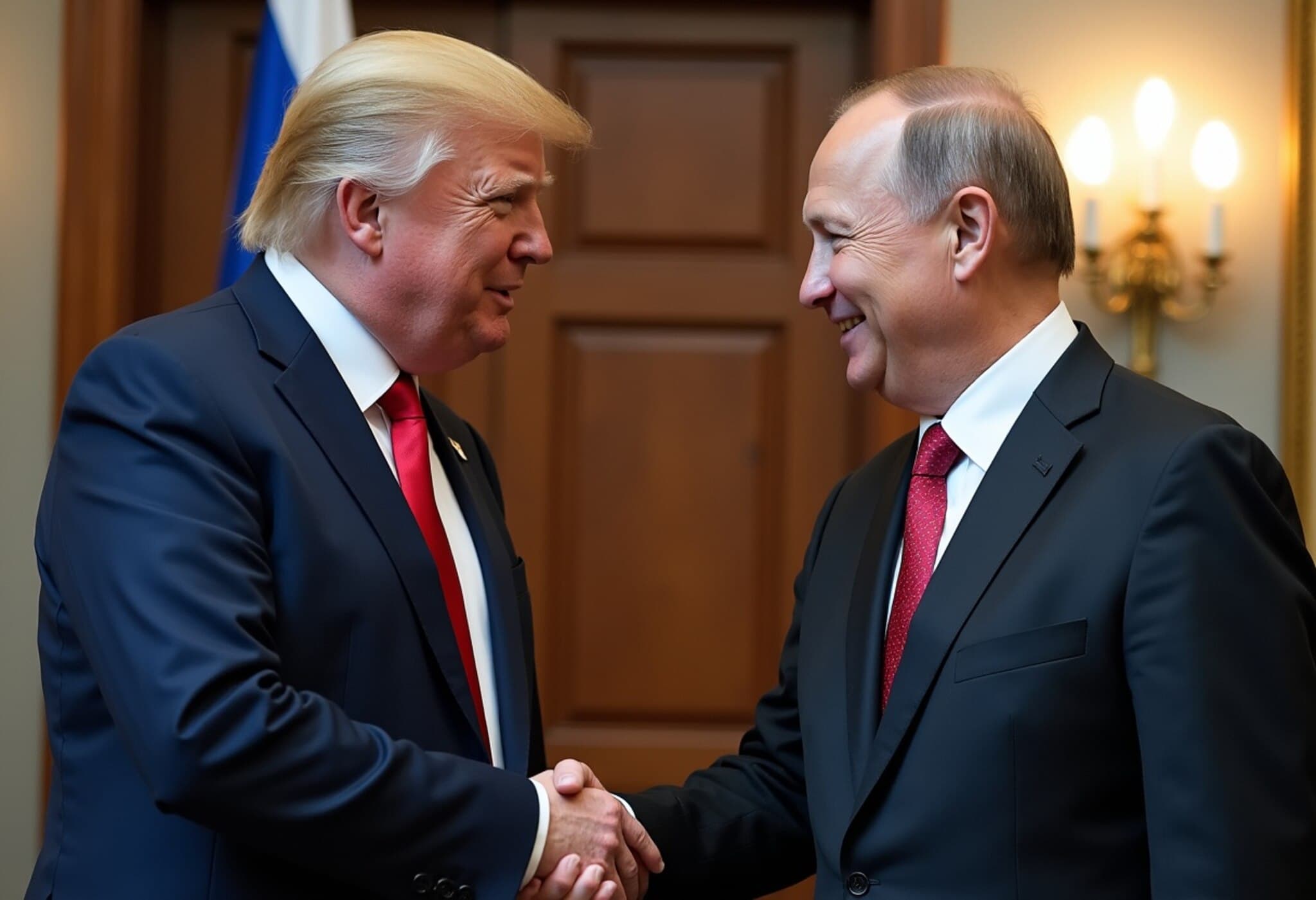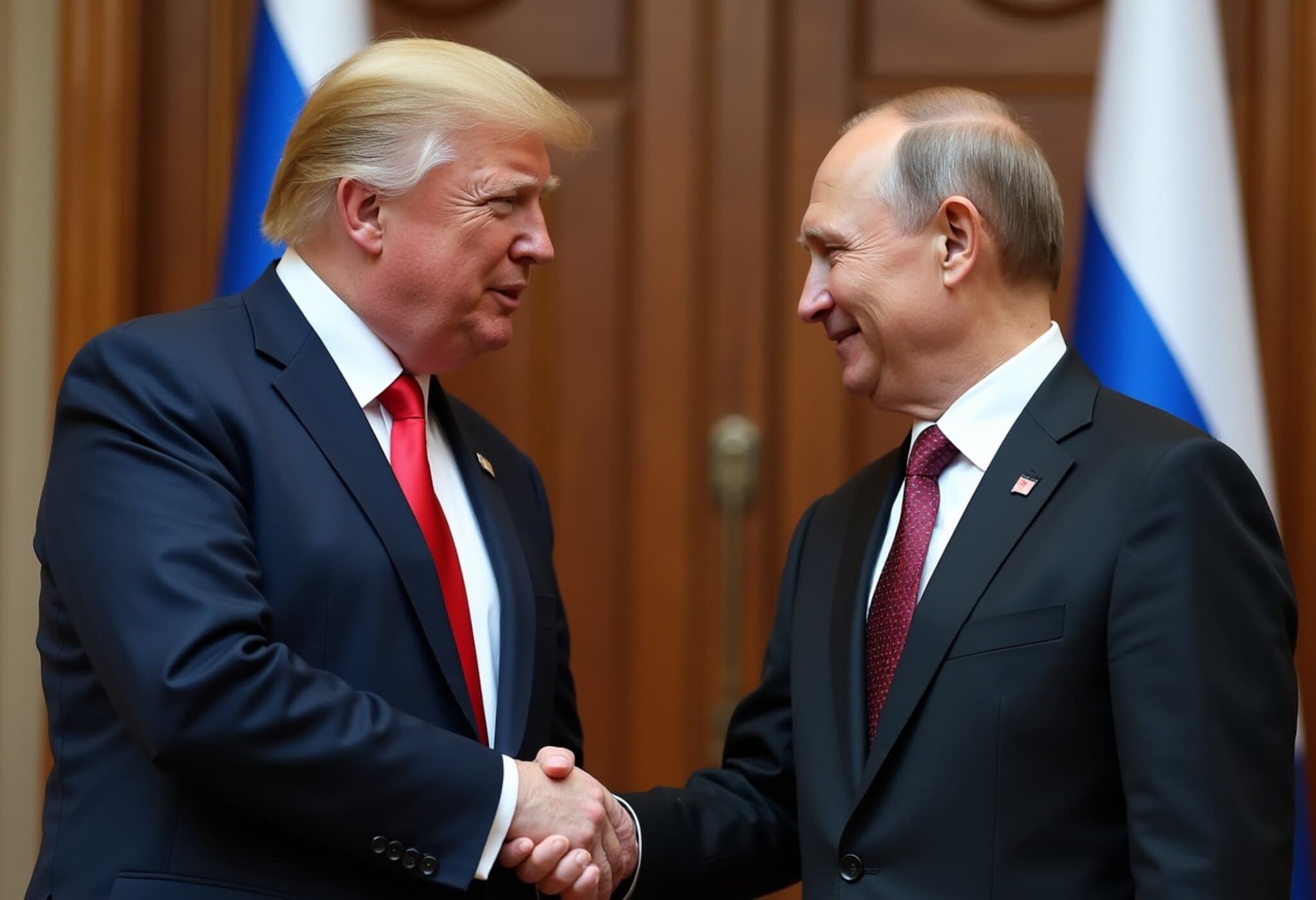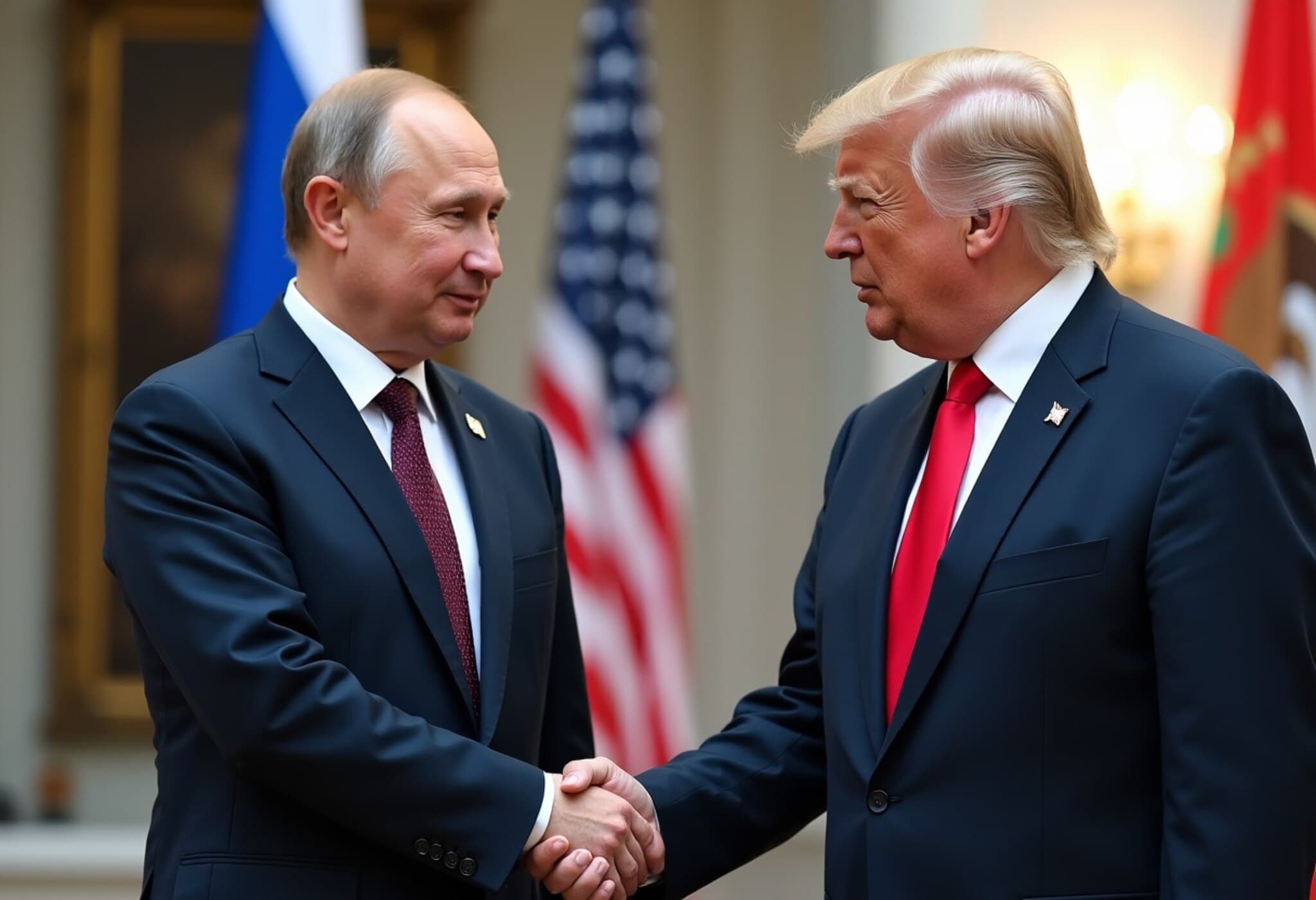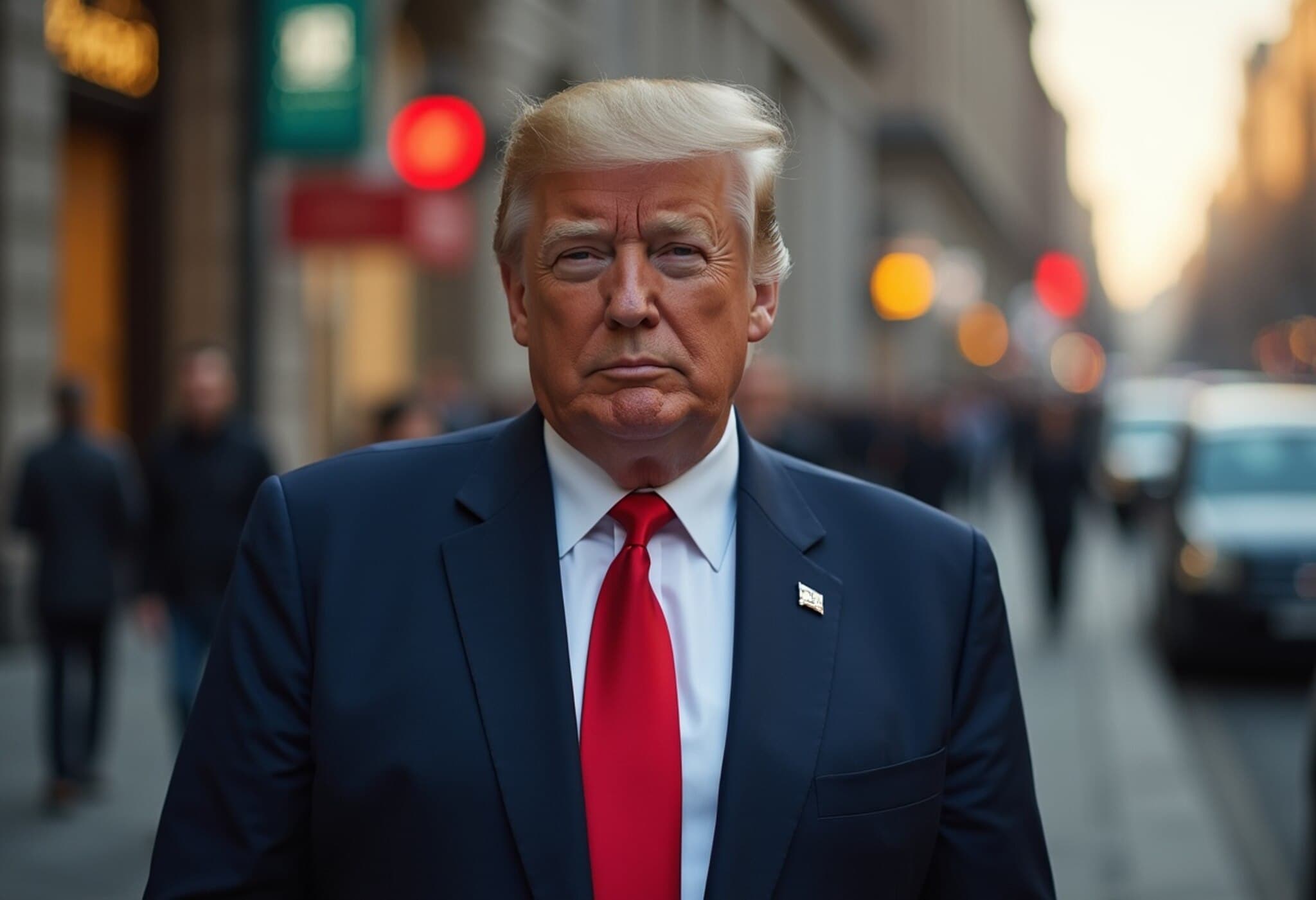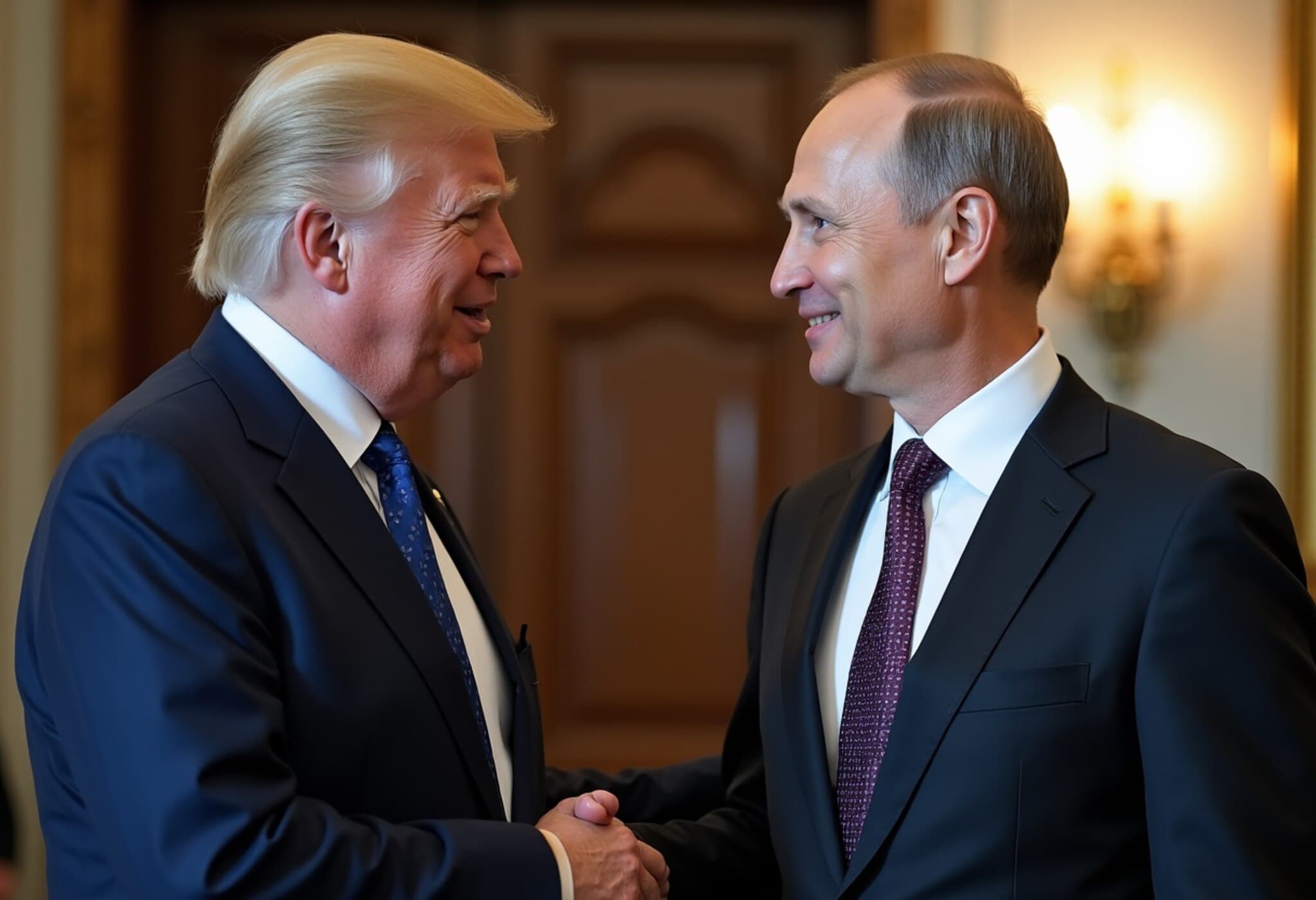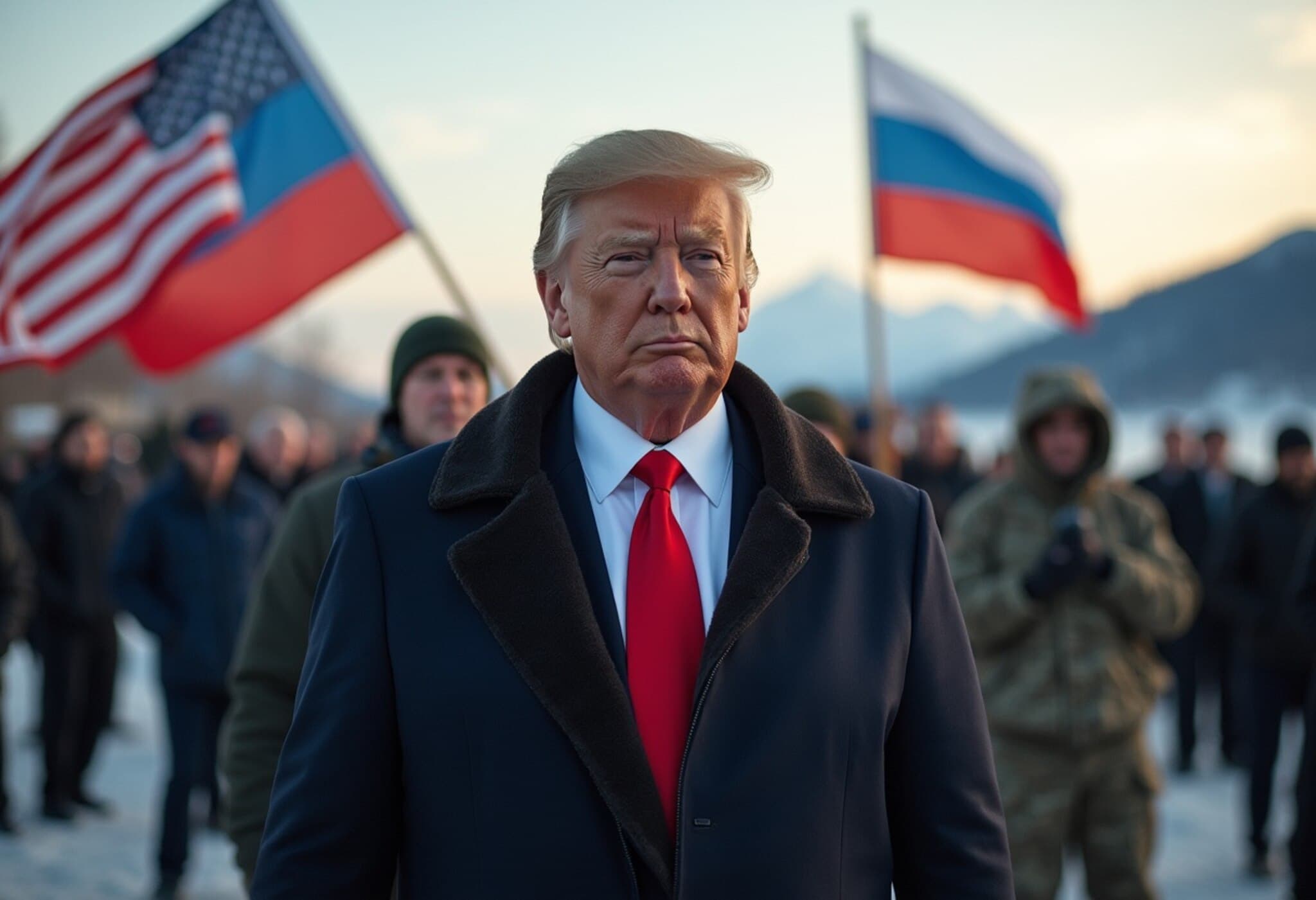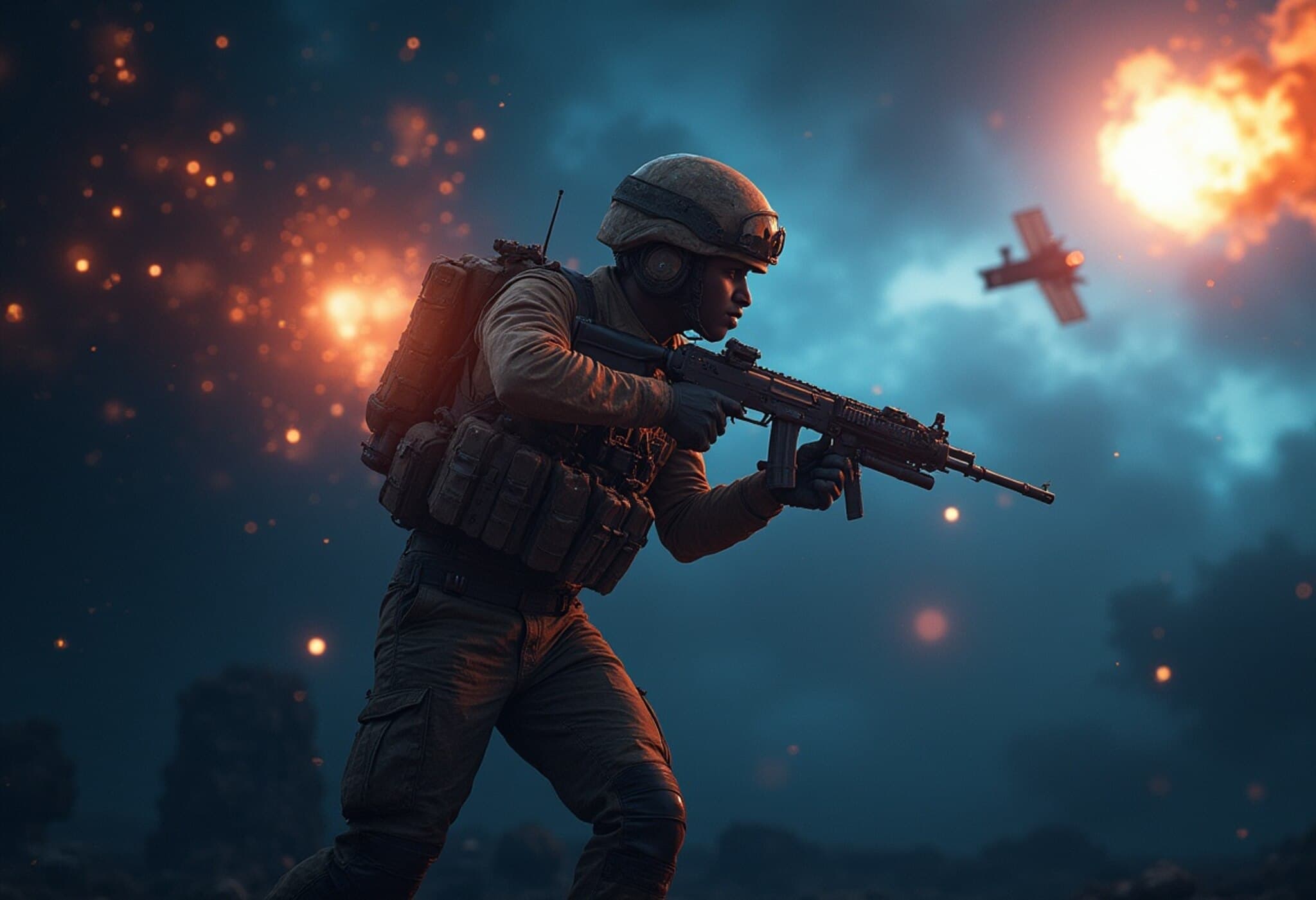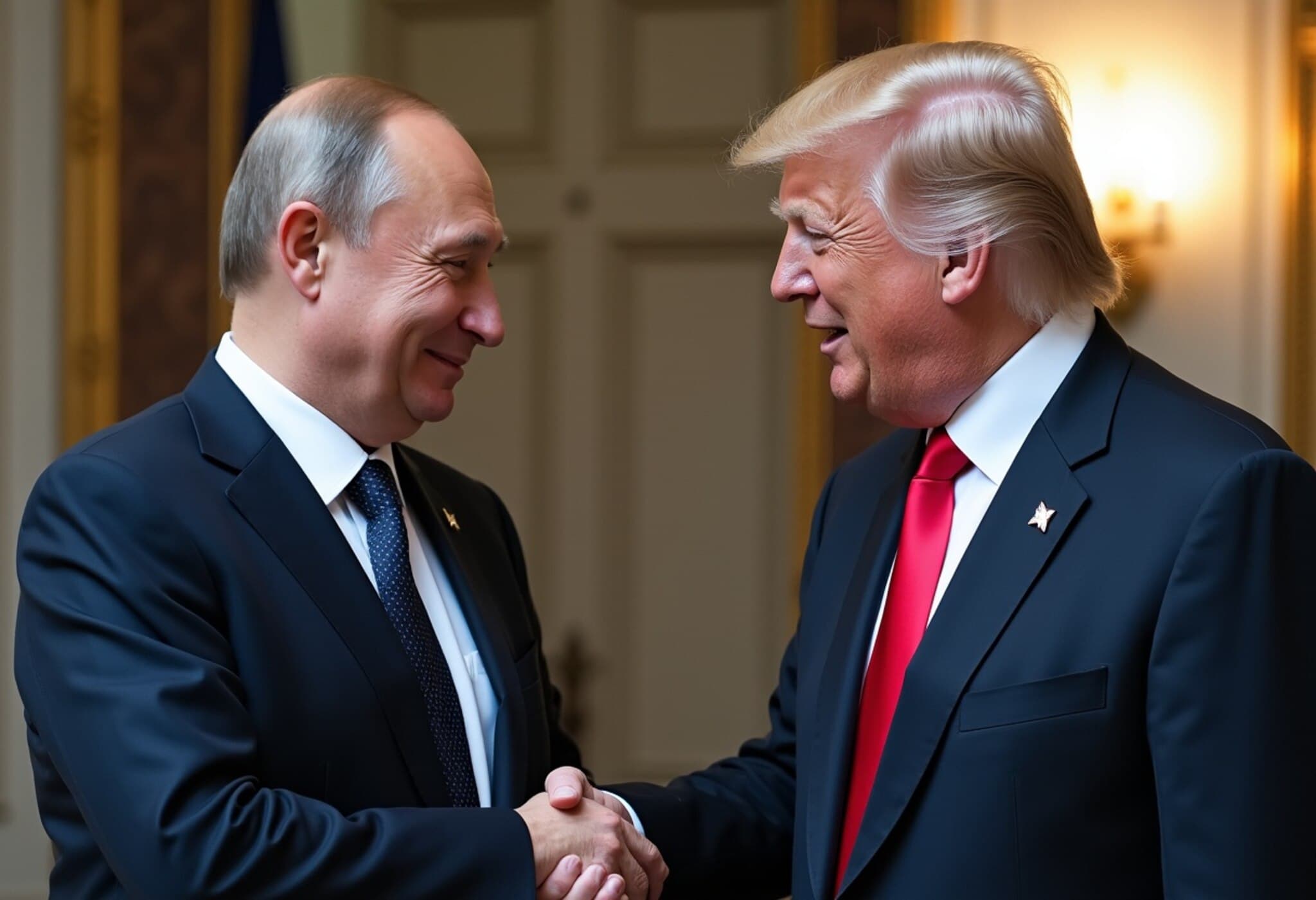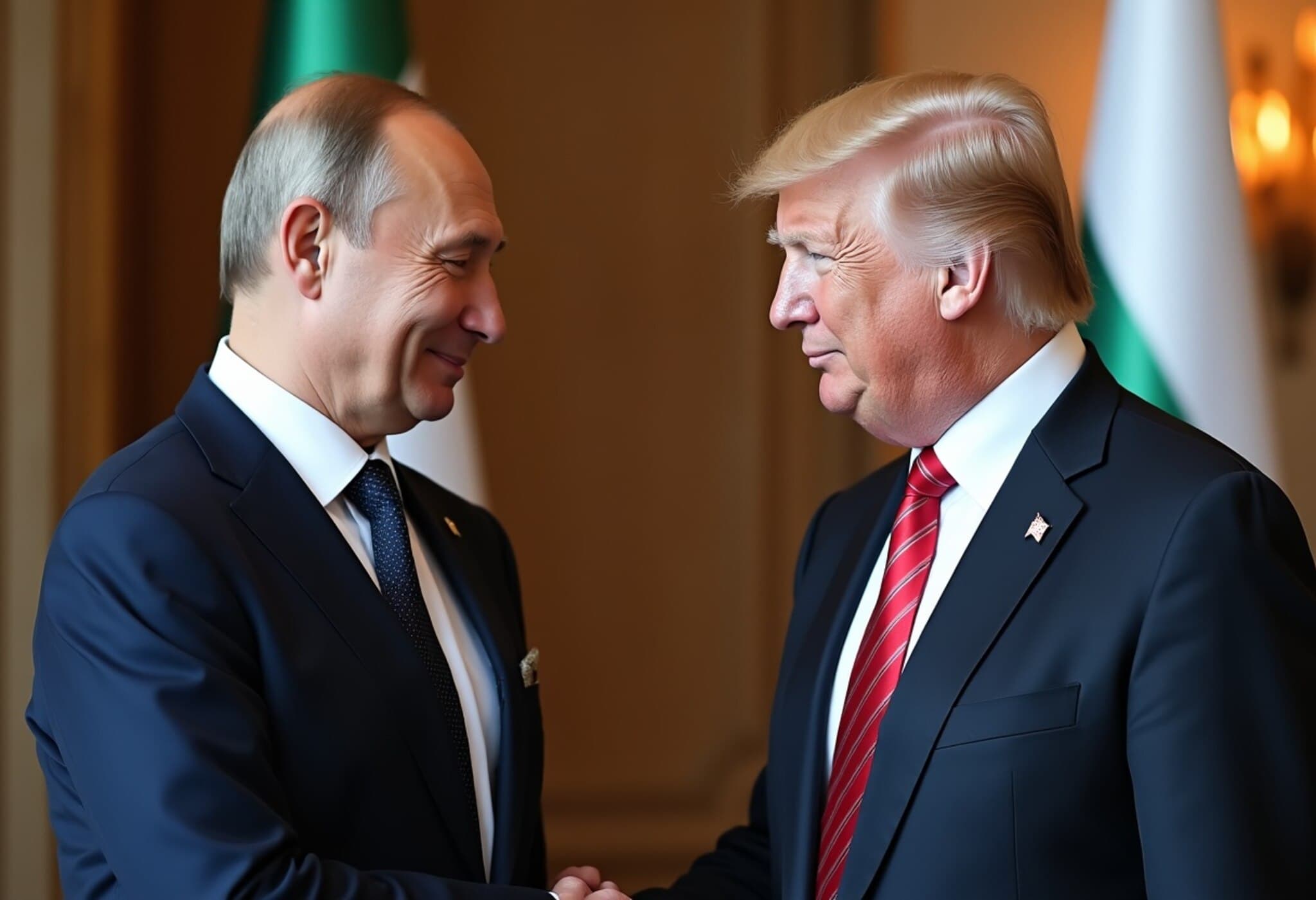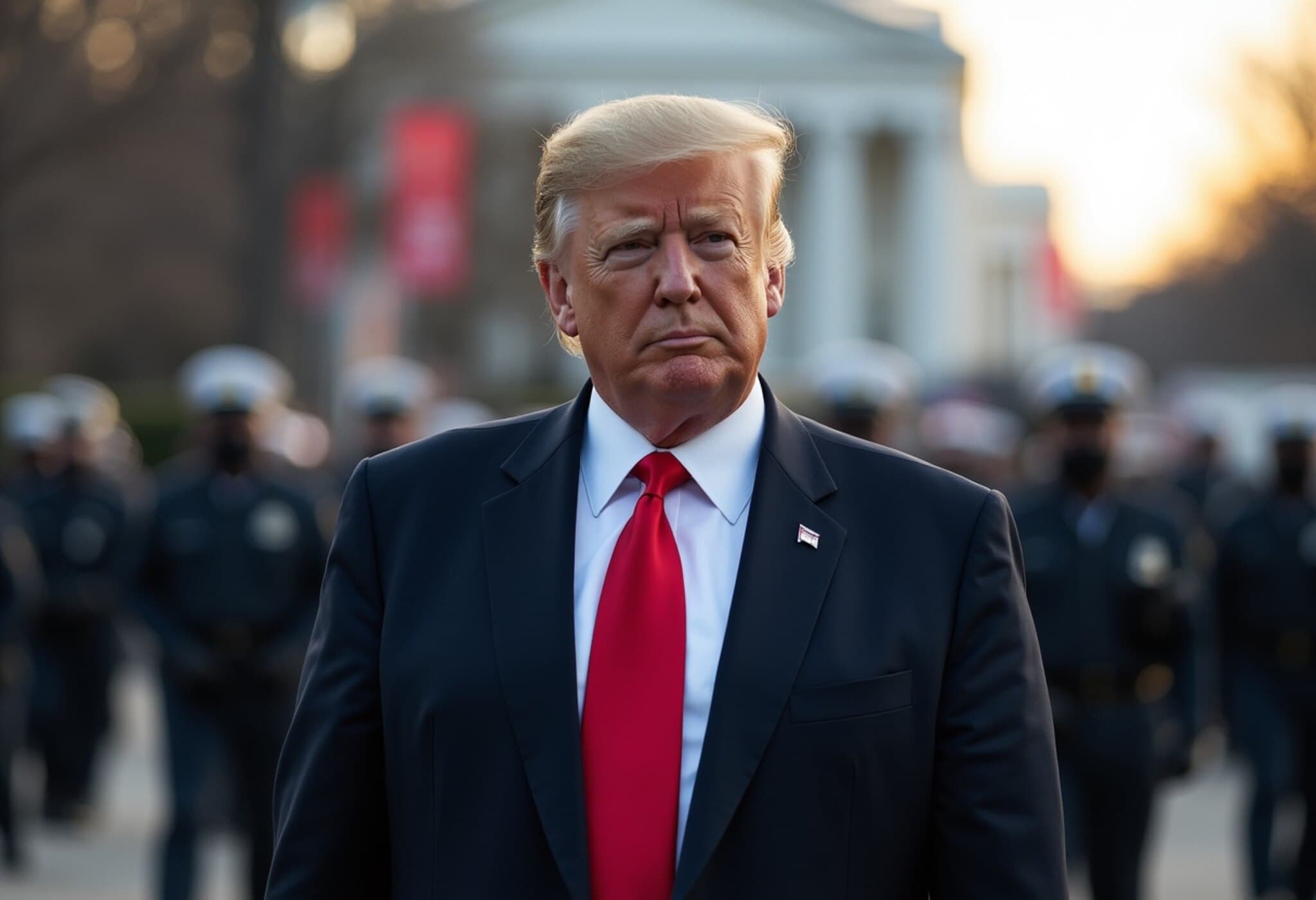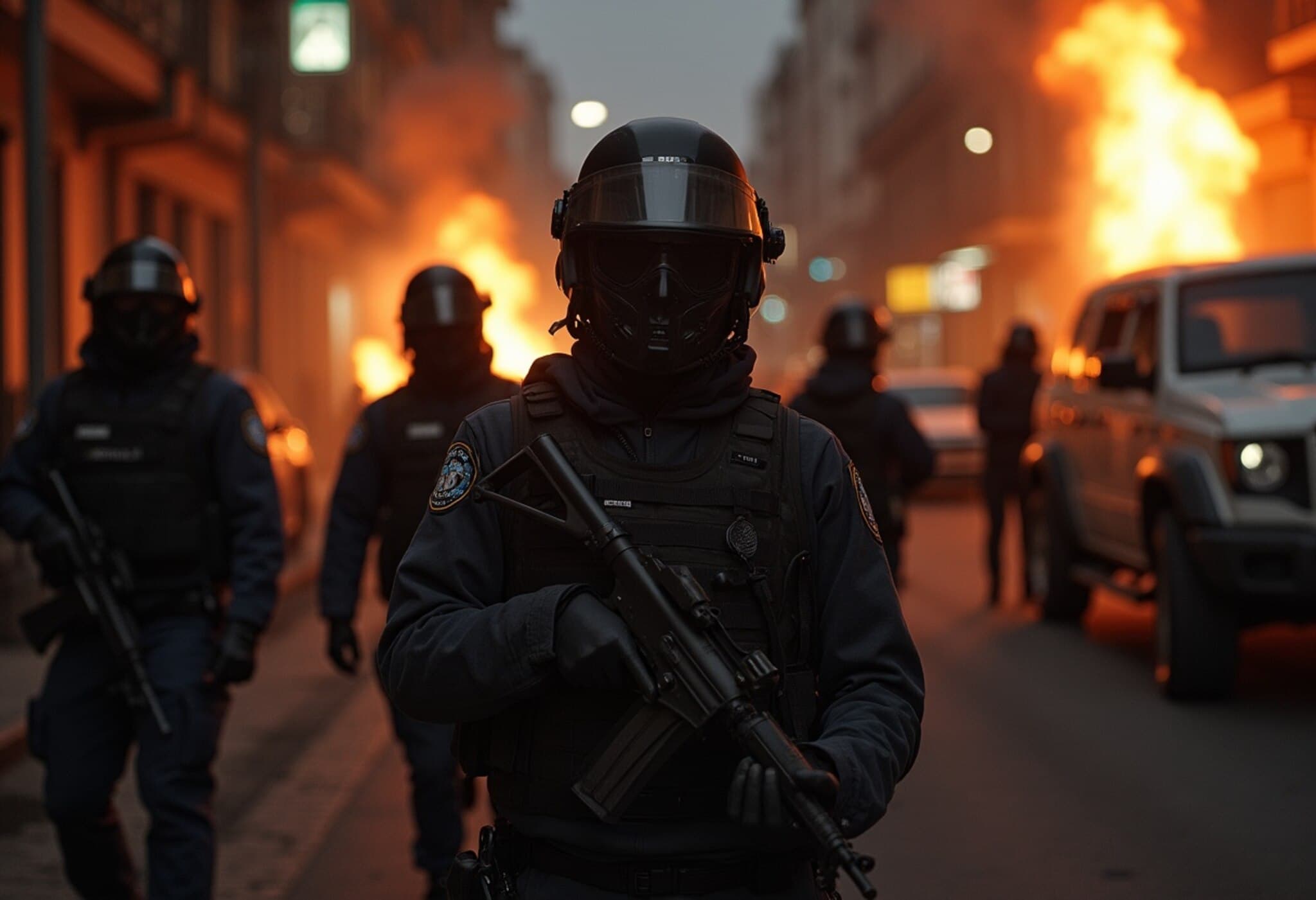Trump Announces Significant Advances in Ukraine Peace Talks with Russia
On Sunday, former US President Donald Trump heralded what he described as “big progress” in negotiations with Russia aimed at resolving the ongoing conflict in Ukraine. This announcement came shortly after Trump met with Russian President Vladimir Putin in Alaska, marking a rare diplomatic engagement focused on achieving peace in the war-torn region.
Putin Signals Potential Shift on NATO-Style Security Guarantees
In a development that could reshape the contours of Eastern European security, Steve Witkoff, Trump’s special envoy for the talks, revealed that President Putin may be open to a novel security arrangement for Ukraine. Speaking on CNN’s State of the Union, Witkoff described the summit’s outcome as “game-changing,” highlighting that Putin appeared willing, for the first time, to accept security guarantees for Kyiv akin to NATO’s Article 5 collective defense clause.
Article 5 of the North Atlantic Treaty commits member states to consider any attack against one as an attack against all—an assurance Ukraine has long sought through NATO membership but which Russia vehemently opposes. Witkoff explained that the talks explored how the US and European allies could extend a similar protective guarantee without Ukraine formally joining NATO, potentially offering a compromise solution.
Why Does This Matter?
- International Security Landscape: This proposal suggests a significant diplomatic breakthrough, potentially easing Moscow’s security concerns without forcing NATO expansion.
- Ukraine’s Dilemma: Kyiv faces a delicate choice—accepting security guarantees outside NATO or holding out for full membership.
- Precedent Setting: A successful arrangement could redefine alliance structures in Europe and influence future conflict resolutions.
US Officials Stress Need for Ukrainian Involvement and Ceasefire
Despite the optimistic signals, US Secretary of State Marco Rubio cautioned that these talks do not guarantee peace. Rubio underscored that any durable ceasefire must involve Ukraine’s direct participation in negotiations, echoing longstanding concerns that peace cannot be brokered without Ukraine’s consent and active role.
Rubio also warned of "additional consequences" should efforts to end hostilities falter, highlighting the precariousness surrounding the diplomatic process and the broader stakes for global security.
Expert Insight: Navigating a Complex Geopolitical Puzzle
From a policy perspective, offering NATO-like guarantees without formal membership could be a diplomatic balancing act. It aims to satisfy Ukraine's security needs while addressing Russia’s red lines. However, enforcing such guarantees without the institutional backing of NATO’s command structure raises questions about their credibility and sustainability.
Furthermore, this tentative compromise spotlights the growing challenge the US and its allies face in managing great power competition in Europe, where historical grievances and security fears intertwine.
What Lies Ahead?
- Ukrainian Response: Kyiv’s decision on accepting these guarantees will be critical in shaping subsequent diplomatic dynamics.
- International Reactions: European nations and NATO members will watch closely, evaluating how this affects alliance cohesion and regional security.
- Moscow’s Next Moves: Russia’s commitment to uphold any such agreement remains to be tested on the ground.
Editor’s Note
This emerging framework of NATO-style security guarantees without membership presents both an opportunity and a challenge. It could bridge deep divides in the Ukraine conflict but also tests the limits of diplomatic innovation in high-stakes international relations. As negotiations continue, the evolving positions of Ukraine, Russia, and Western powers warrant careful scrutiny—not only for their immediate impact but for the ripple effects across the global order.
For readers following this story, critical questions remain: Can security assurances outside formal alliance structures truly deter aggression? And how will this approach influence the future of collective defense commitments worldwide?

